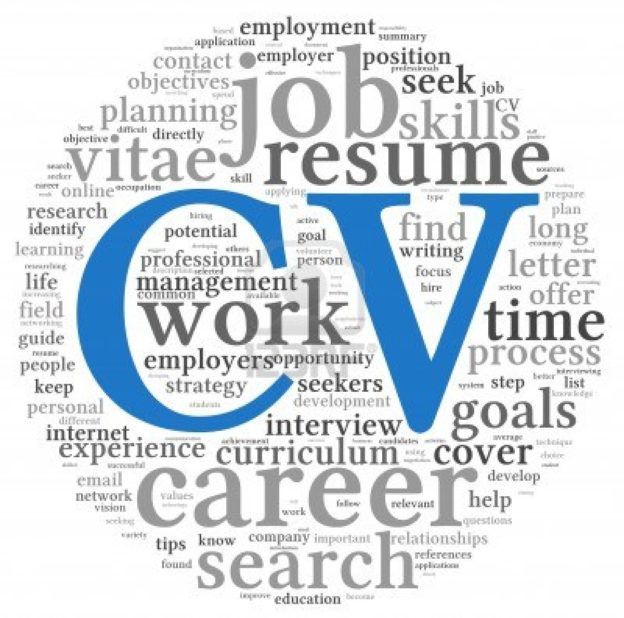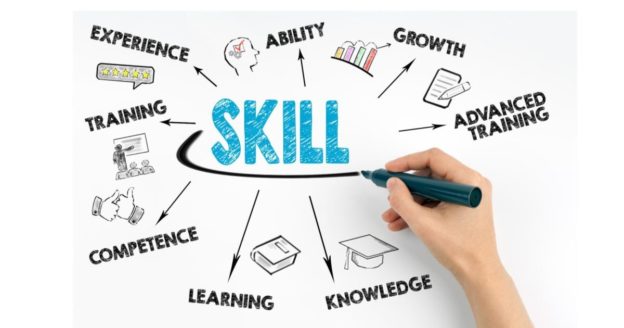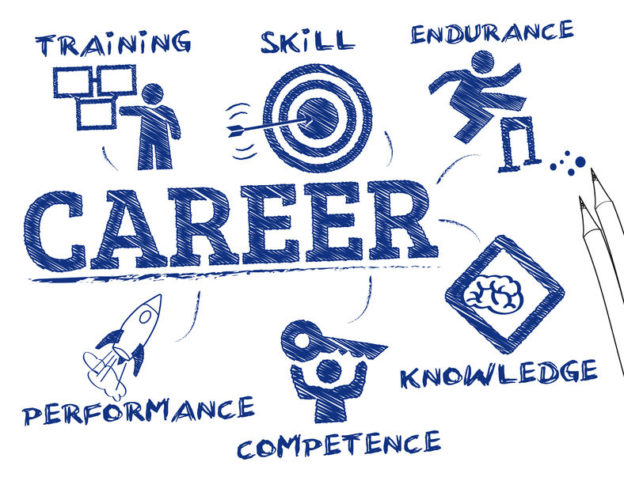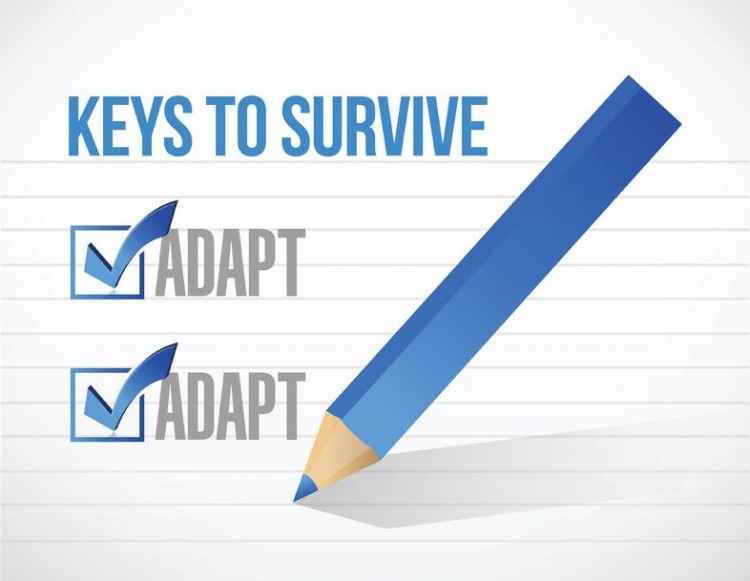How good is your best?
We all think we do absolutely the best we can to resolve issues that challenge us. Losing weight, getting fit, looking for a job. But do we really?
As a recruiter and coach I play an active part in professional networks and also LinkedIn discussion groups. I hear and see individual cries of frustration and anger every day: confused posts in group discussions or I take part in anxious telephone conversations or meetings. There is always the same underlying theme. Individuals are sending out their CVs to all and sundry, networking flat out, and are doing absolutely everything they possibly can to get a job. But something simply isn’t working. The economy, recruiters and HR are all working against them. Their pain is palpable.
There are a few that specifically catch my attention and I always check out their LinkedIn profiles or look at their web sites and when I do, I can immediately see, as most career transition coaches could, where some difficulties might be rooted. It can be any number of things, incomplete profiles, spelling mistakes, poor lay out on CVs and confusing web sites, a low number of connections and so on. So although these are tough times, there are still ways to improve those job searching odds of at least participating in the process.
It may just mean you have to do something different, something very small. Do this before anything more serious such as depression kicks in. This is clearly going to lead to general health issues, as well as being a barrier to career and general success. Activity produces results. So does being open to change.
You have to identify what big changes you want to see.
So I suggest looking at the following as a first step:
1. Log your results: Keep a log of all your job search efforts by date and detail each part of the search process . Each call, each CV you send out. Each networking event. What were the results? Is there an underlying pattern? If you are not making it out of the CV reject pile then you should consider examining the early part of your search- what can you change there? If you are falling down after an interview, evaluate that part of the process. Sometimes people lose track of exactly what they’re doing and especially when we’re stressed, our memories play tricks. We also fool ourselves into thinking we’re doing things in a certain way, when we’re not. Keeping a log gives an incontestable factual record, where no one can be fooled, not even ourselves.
2.How well are you communicating your message? Make sure your message is clear and strong. We tend to think what we’re doing is perfectly obviously to everyone else, but sometimes it isn’t, especially if you have a hybrid or highly technical function. I frequently see documents where what the individual is doing or has achieved, is not really clear, or sometimes not even stated at all. I don’t have time to search through a rambling 3 page CV trying to figure it out. Ask someone neutral from outside your function to review your web site, CV or elevator speech. If it’s clear to them, then it should be clear to everyone else.
3. Is your message powerful enough? I recently coached someone who had trebled the turnover of his business unit in his last job,but that wasn’t even mentioned on his CV. Another guy had closed a $ 0.5 billion ( yes billion) deal at head of state level and he hadn’t stated that fact in those exact words. So use strong vocabulary to market your skills and qualify all achievements with numbers. Don’t worry about boasting. Stating a fact isn’t bragging. It’s all in the delivery and manner and it is possible to recount your achievements without seeming egotistical .
4. Networking: Are you effectively tapping into your direct network and maximising all your contacts? The more people who know about your job search efforts the better. If you struggle with this as many do because being in transition isn’t easy, take steps to build up your resilience and confidence.
5. Connectivity: How well connected are you? Look at the number of connections you have on LinkedIn. If you are not widely connected you will appear on a limited number of searches. Remember this is a global database for recruiters and it’s all about the maths. Numbers count. If you pride yourself on only being connected to people you know – now might be a good time to re-think your strategy. People who don’t know you could be searching for you. But you don’t know that. I am not an open networker, but 26000 people joined my network in the past 3 days. Your direct network will of course be extremely useful – but it would still be very unwise to rule out indirect networking.
6. Visbility: Raise your professional visibility both on line and off. On your LinkedIn home page you can monitor the number of times you appear in searches – check that out on a regular basis. Change key words and see if that makes a difference. Join groups. Participate in discussions. Answer questions. All of these things help raise your profile. Off line, volunteer for any sort of activity that will raise your visibility in your community, sector or profession. Attend networking events, write professional articles, join professional associations. Once again anything to raise your profile. Do you have business cards? How many do you give out a week?
7. Ask for feedback: Ask for feedback from any or all of the players in the recruitment process. If that’s not possible, many say they can’t get past gatekeepers or only get indifferent and unhelpful neutral answers, brainstorm with a trusted friend, peer , coach or mentor who can communicate constructively possible areas needed for improvement.
If any of this fails consider enlisting professional help.
Socrates said that ” Only the extremely ignorant or the extremely intelligent can resist change“
As all of us fall somewhere in the middle of this spectrum – so give change a whirl. Register for a Career Audit to take your career to the next level.








